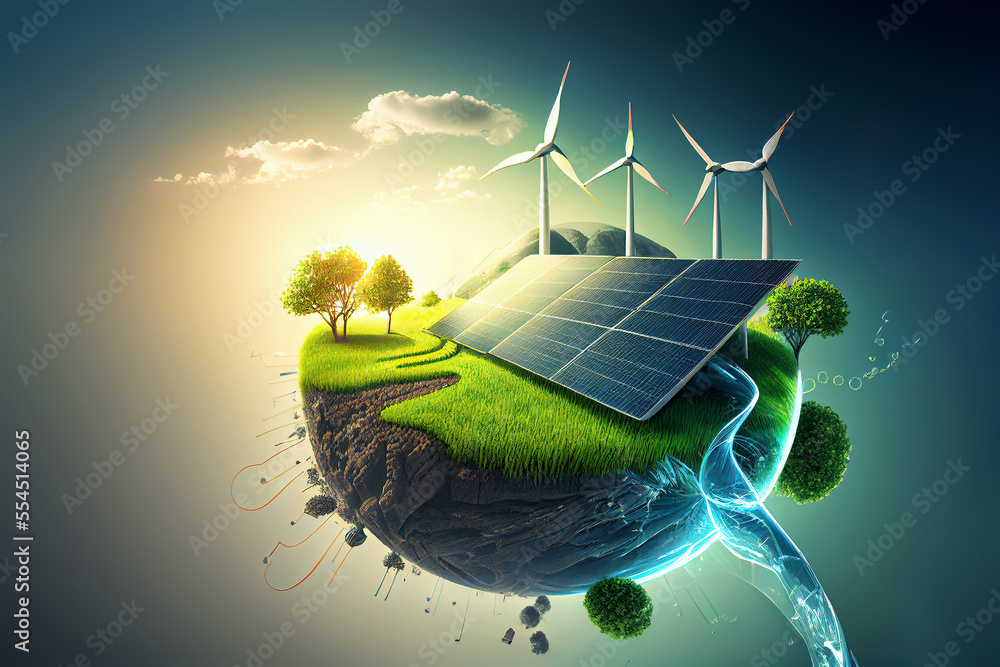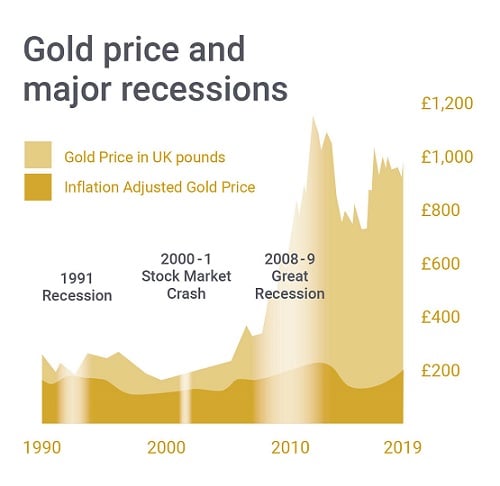Alright, folks, buckle up. The Wall Street Journal is reporting something seriously concerning: the U.S. Department of Energy is gearing up for potentially devastating funding cuts – we’re talking nearly $10 billion in clean energy projects hanging in the balance. This isn’t just trimming the fat; this is a strategic retreat from the future, and frankly, it’s a slap in the face to innovation.

What’s particularly frustrating is who is potentially getting caught in the crossfire. We’re talking about high-profile partnerships with industry giants like ExxonMobil and Occidental Petroleum – projects that, regardless of your feelings about those companies, were pushing the envelope on crucial technologies.
According to a memo seen by the WSJ, this isn’t some minor adjustment. These proposed cuts threaten to upend agreements with energy companies working on everything from hydrogen to carbon capture and long-duration energy storage. It’s a complete unraveling of key initiatives.
And the hits don’t stop there. Expect significant job losses at the Department of Energy itself. Thousands of positions could be eliminated. This isn’t just about dollars and cents; this is about people’s livelihoods and the nation’s long-term competitiveness.
Let’s break down the technologies at risk here:
Hydrogen energy is considered a clean fuel source. It produces only water as a byproduct when used. This is crucial for decarbonizing sectors like transportation and industry.
Carbon Capture, Utilization, and Storage (CCUS) aims to reduce CO2 emissions. This process captures CO2 from emission sources and stores it underground or uses it for other purposes. It’s a vital tool in fighting climate change.
Long-duration energy storage is becoming increasingly important. It’s about developing ways to store renewable energy beyond a few hours. This addresses the intermittency of solar and wind power.
This move sends a terrible signal to investors. It screams uncertainty and undermines the long-term vision needed to successfully transition to a clean energy economy. It’s a short-sighted decision fueled by, well, who knows what, but it’s a disaster waiting to happen.





